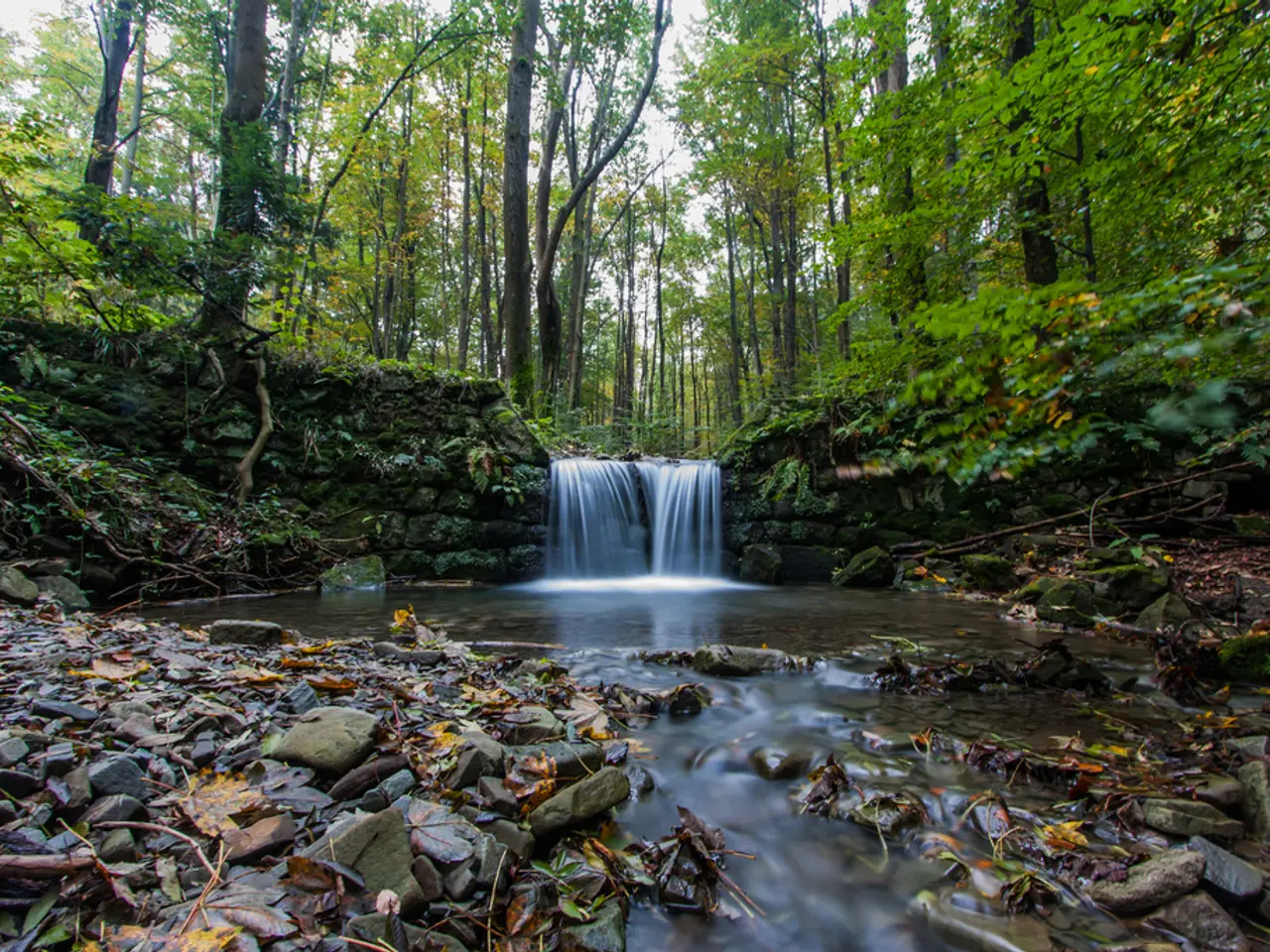Waikato Council Ensures Water Safety with 115 River Sites Monitoring
The Waikato Regional Council, responsible for managing water resources in the Waikato region, New Zealand, is committed to monitoring water quality. This ensures the safety of human activities, protects ecosystems, and ensures compliance with resource consent regulations.
The council uses a comprehensive approach, assessing 115 river and stream sites, along with 13 Lake Taupō sites, each month. They employ 32 indicators to evaluate water quality, focusing on seven for ecological health and two for human recreational use. This data helps in understanding the impact of human activities and sustainable management practices on water quality.
Local initiatives also contribute to water quality monitoring. Waikato dairy farmers Rod and Sandra McKinnon assess their farm's water quality to ensure sustainable management. In Hamilton, the Fairfield Project monitors the Kukutāruhe Stream to protect the endangered giant kōkopu. Similarly, A S Wilcox & Sons, a horticulture company, performs water quality tests as part of their catchment management and NZGAP accreditation.
The Ministry for the Environment and the Ministry of Health provide national guidelines for water quality, ensuring the protection of aquatic life, human health, and safety during freshwater activities. The Waikato Regional Council's extensive monitoring, along with local initiatives, helps maintain and improve water quality in the region.
Read also:
- Government Updates: Key Points from Today's Press Information Bureau (12-09-2025)
- Event at BHS Assures: No Reason for Concern on Right Road Occurrence
- Unfair Expenditure Distribution, Secret Tourists, Looming Rabies Threats: Latest News Roundup
- Hydrogen: Eco-friendly Alternative or Energy Imperialism Debate?








